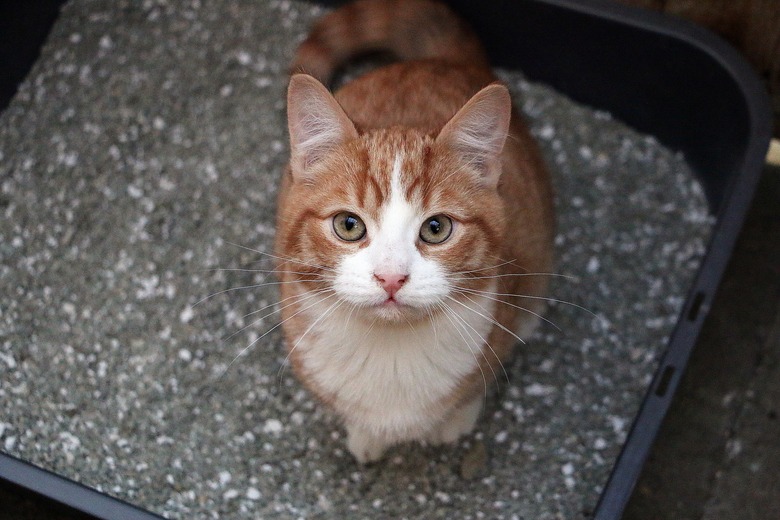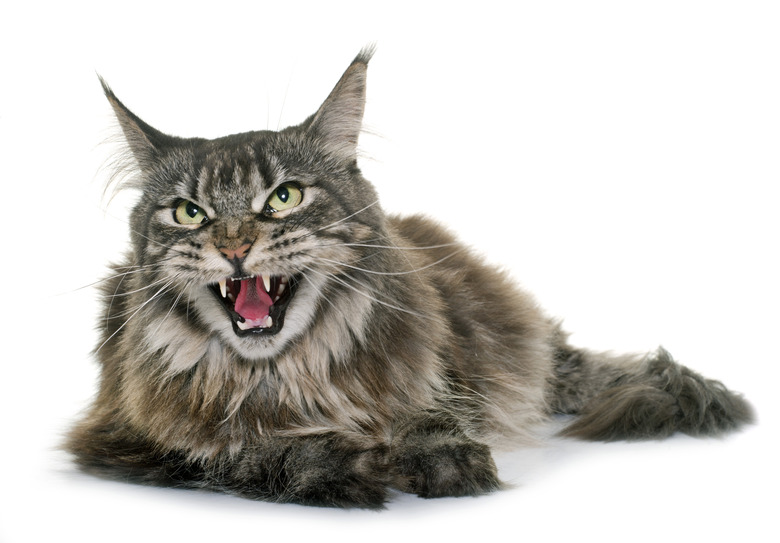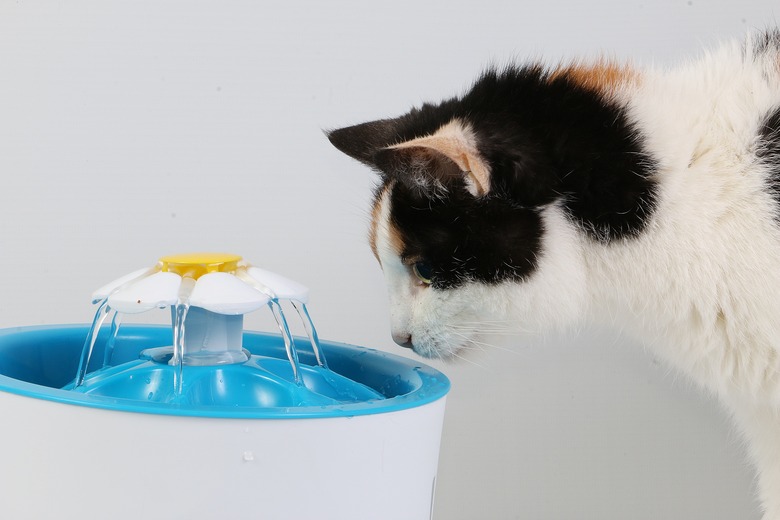Why Does My Cat Yowl Before Pooping?
We know that they purr when content, hiss when angry or frightened, and meow by their food bowl when they insist it's dinner time, but have you ever heard your cat yowl? Specifically, yowl before they use their litter box to poop?
Cats use vocal sounds to express a number of things, so yowling may mean something specific to your cat, but generally, this is a signal for stress or pain. If your feline is yowling before she poops, she may be constipated, which can be treated easily to make life more comfortable for her.
Cat sounds and communication
Cat sounds and communication
Cats, like dogs and other animals, rely heavily on body language to communicate with each other and those around them, including humans. Additionally, felines use vocal sounds to express certain emotions and needs. Purring is a well-known cat sound, and is hissing and meowing, all of which mean something very different. When it comes to bathroom behaviors, cats may sometimes meow to simply express that they're using the facilities, and some might even cry out after they've finished, especially if their litter box is due for a cleaning.
Yowling in particular is generally reserved for more stressful situations, and should be taken seriously. Yowling generally means that a cat is either distressed, lost, or in some kind of physical pain. When yowling occurs before or during defecation, it could indicate that a feline is struggling to pass a bowel movement, which is often caused by constipation. Identifying the exact issue should of course be done with the help of a medical professional, who will also be able to implement a treatment plan for getting your cat back on a healthy track.
Constipation in cats
Constipation in cats
Constipation is a condition that's commonly defined as an accumulation of feces in the colon or large intestine, which can make bowel movements prolonged, painful, or even impossible. Common symptoms of constipation include straining, passing hard stool, or even passing liquid fecal matter or blood, which occurs when material is passed around hard, dry matter. This condition can be caused by ingesting something foreign that's become stuck in the colon, or megacolon, which is the term used to describe a weakened or dilated colon, as well as the muscles around it.
When to seek medical attention
When to seek medical attention
In some cases, constipation can be improved by implementing changes to a cat's diet — for example, switching things up from dry food to wet food. Additionally, making sure you have plenty of clean, fresh water available for your cat to enjoy will go a long way in maintaining his digestive and overall health, and may result in less yowling over time if this was the cause of it. Sometimes, however, help from a medical professional may be needed to improve your cat's condition.
It is recommended that cat owners seek medical attention if they notice liquid feces or blood in their cat's litter box. Constipation An obese, middle-aged, or older cat may be especially prone to constipation, and this condition can be made worse with the presence of hairballs. A new cat may also experience constipation depending on the type of diet he was on prior to adoption, or possibly as a result of a change in diet since being added to his new home. Cats with existing medical issues, like intestinal tumors, may also experience constipation.
In conclusion
In conclusion
Yowling in cats is usually heard when a feline is distressed or in pain, and should be taken seriously. Look for signs of constipation if you notice frequent or excessive yowling, which includes straining, an inability to pass a bowel movement, or signs of liquid feces or diarrhea. To prevent yowling-related constipation, be sure to provide plenty of fresh water for your feline, and consider adding wet food to their diet if the condition is ongoing.


